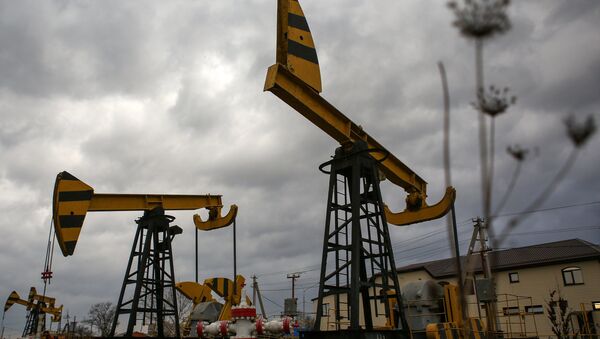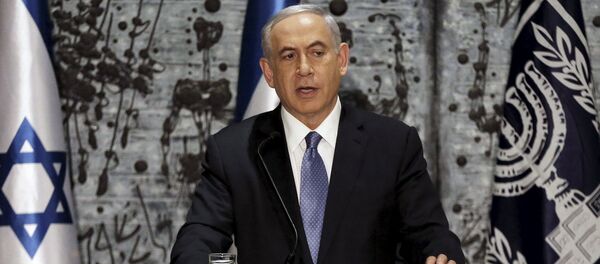While international observers are praising the Iran nuclear deal as "historic" and "impressive," not everything is rosy in the garden for Saudi Arabia and Israel, Tehran's longstanding rivals in the region; at the same time energy markets have reacted to the news with a 5 percent slide in Brent crude.
Committed to start drafting the comprehensive nuclear deal immediately. All will be served by a serious agreement based on mutual respect.
— Javad Zarif (@JZarif) 2 апреля 2015
On behalf of the nation & SL @khamenei_ir, I'd like to thank FM @JZarif & AEOI Head Salehi & other team members for their tireless efforts.
— Hassan Rouhani (@HassanRouhani) 3 апреля 2015
"From an economic perspective, any agreement between Iran and the West would certainly lead to the lifting of sanctions on Iranian oil exports that are estimated at between one and 1.5 million barrels a day," emphasized Nasser Ahmed Bin Ghaith, an expert from the United Arab Emirates, adding that the Iranian cheap oil is likely to flood the already saturated market resulting in a continued plunge in oil prices.
The Iran nuclear deal would improve Tehran's economic situation, allowing Iranian authorities to increase their influence over weak Middle Eastern governments, particularly, Lebanon, Iraq and Yemen, Saudi researcher Mansour al-Bogami noted.
On the other hand, the deal will only last 15 years and that means it will not destroy Iran's technical capabilities of reviving its nuclear program, he said, adding that both results would obviously strengthen Tehran and its allies in the Middle Eastern region.
Meanwhile, Israeli Prime Minister Benjamin Netanyahu has slammed the Iran nuclear deal as "a naive capitulation" of the West. Netanyahu claimed that the agreement would legitimize Iran's nuclear program, boost its economy and so far bolster Tehran's "aggression and terror" throughout the Middle Eastern region.
It is worth mentioning that other Israeli politicians, including Netanyahu opponents, also expressed concerns regarding the deal. Jerusalem fears that Tehran could bolster its influence in the region and strengthen its allies in Iraq, Syria, and Lebanon, including Hezbollah, one of the most powerful regional militant groups opposing Israel.
At the same time a nuclear Iran is seen by Israeli policy makers as some sort of existential threat to their country.



